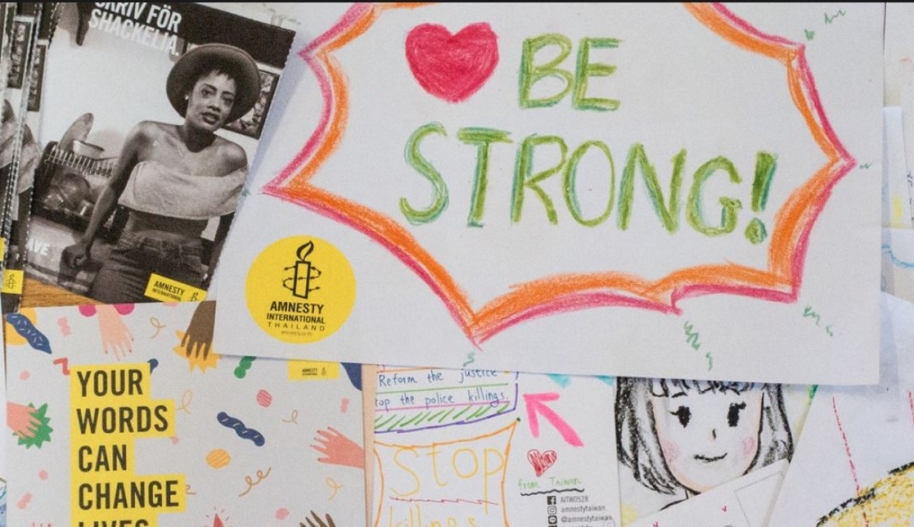Accompanied by relatives of people killed by police across the Americas, Amnesty International today delivered 64,331 letters and signatures to the office of Jamaican Prime Minister Andrew Holness as part of a campaign that has generated 500,000 actions urging his government to protect victims’ families from pervasive police intimidation and guarantee their access to justice.
“Tens of thousands of activists from as far afield as Sweden, Taiwan and Côte d’Ivoire have sent a clear message to Prime Minister Holness that the deeply troubling wave of killings by Jamaican police cannot continue to go unpunished,” said Erika Guevara-Rosas, director of Amnesty International in the Americas.
“The Jamaican government must bolster the capacity of the Special Coroner’s Court to deal with killings by police and address the barrage of structural obstacles and the outrageous intimidation tactics often used by police to prevent victims’ relatives from pursuing justice.”
In 2017, Jamaican law enforcement officers killed 168 people, an average of three people a week in a nation of 2.8 million. Over the past decade only a handful of police have been convicted for such killings.
A Special Coroner’s Court was established in 2011 to conduct inquests into killings by police and determine their lawfulness, but the court has built up a long backlog of cases due to its insufficient annual budget, which covers the cost of just one judge and a nominal staff.
The intimidation and harassment tactics that police use to silence victims’ families form another obstruction to justice, as documented in Amnesty International’s 2016 report Waiting in Vain, Jamaica: Unlawful Police Killings and Relatives’ Long Struggle for Justice.
Amnesty International’s annual Write for Rights campaign has spurred 500,000 global actions related to police killings in Jamaica since December, including tweets, letters, emails and thousands of solidarity messages for Shackelia Jackson, whose brother Nakiea Jackson was killed by Jamaican police in 2014.
In 2016, a preliminary enquiry into the case was dismissed after a key witness expressed fear of attending court. The Jackson family say they have been subjected to repeated police raids in their community and intimidation in court. Like hundreds of others, the case is now awaiting an inquest.
“The problem in Jamaica is the system. The system is broken. While I know the shooter is responsible for my brother’s death, it is the system that has allowed this to happen in this and so many other cases,” said Shackelia, who helped deliver the petition to the prime minister’s office on the International Day Against Police Brutality.
Mercia Fraser, the mother of Mario Deane, who died after a severe beating in police custody in 2013, and members of the NGO Jamaicans for Justice were also among the delegation that delivered the petition.
They were joined by relatives of victims of police shootings in the USA and Brazil, including Katrina Johnson, whose cousin Charleena Lyles was 14 weeks pregnant when she was shot dead by police in front of her children after reporting a burglary at her home in Seattle, Washington.
Also present was Ana Paula de Oliveira, the mother of Johnatha de Oliveira, who was killed by police in Rio de Janeiro in 2014 at the age of 19.
++++++
Media Contact: Jacob Kuehn, Press Officer, Amnesty International Canada; jkuehn@amnesty.ca/ +1 613 744 7667, extension 236













